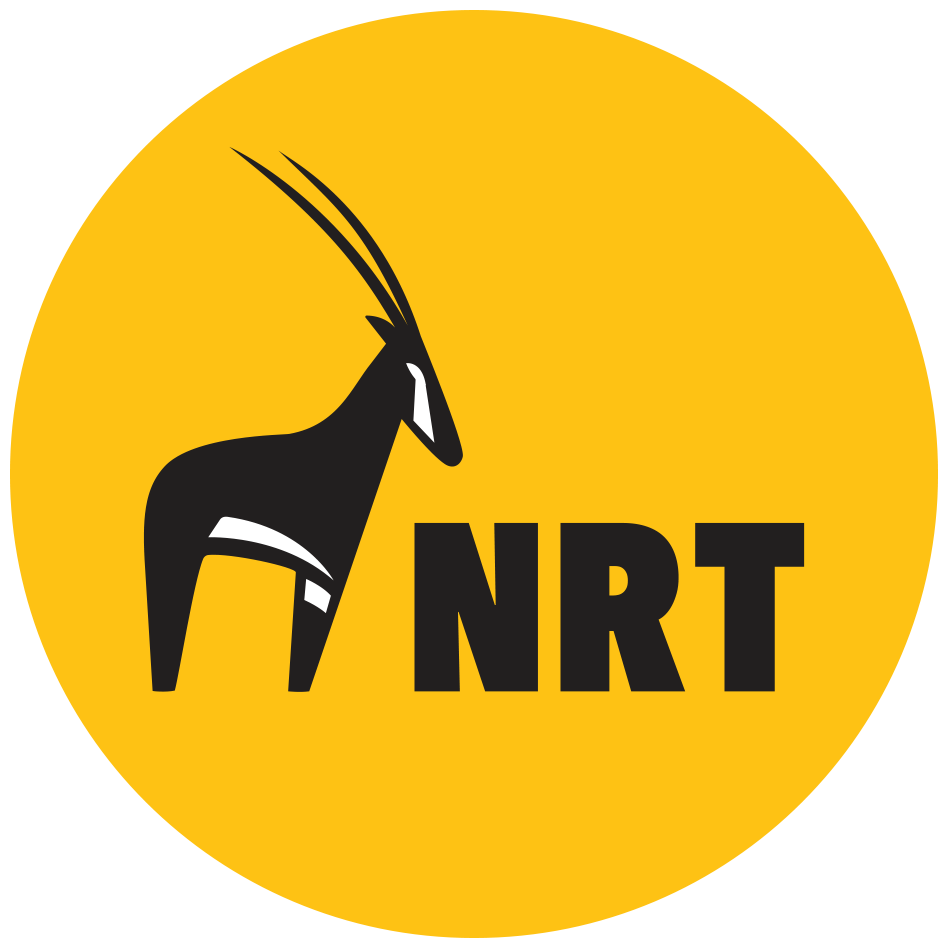Overcoming Tragedy: Peter Lepedo's Inspiring Story of Courage and Resilience
Peter Lepedo at his mobile repair shop.
When Peter Lepedo was a young man, his world was turned topsy-turvy by bandits when they raided his village in Baragoi, Samburu County at night, a memory permanently etched in his mind.
He vividly recalls the terror, the flying bullets, and the many lives lost. When he woke up in a hospital bed, he found he had lost a limb as a result of the attack. At the age of nine, many in his community thought his life was hopeless and devoid of a future.
Communities in northern Kenya, despite grappling with historical, resource-based socio-economic, environmental, political, and cultural conflict, have shown remarkable resilience. This resilience, in the face of challenges exacerbated by poverty, human and livestock population growth, climate change, and severe degradation of rangelands, is truly admirable.
Peter Lepedo attending to a client.
Amidst these challenges, our member conservancies have emerged as beacons of hope. Through the community conservancy model, we are ushering in a new era of peace in regions that were once marred by unending cycles of violent intertribal clashes.
Their conservation activities, far from being isolated efforts, have become powerful catalysts for driving community economic development. The model and the relationship conservancies have with NRT present a neutral platform for bringing people together for discourse—providing an alternative to violence as a means of resolving disputes.
It is a testament to the transformative power of our conservation efforts that historically hostile communities have set aside their differences. This remarkable change has been brought about by the extraordinary efforts of our peace ambassadors and peace teams, who tirelessly advocate for peace and collaborate with numerous stakeholders to promote reconciliation and sustainable resolution.
Peter, on the other hand, refused to be defined by his disability. Determined to rise above all odds and improve his situation, he joined NRT Trading’s Ujuzi Manyattani Program and enrolled in the mobile phone repair course, which provided him with the knowledge, skills, and equipment he needed to start his own phone repair business.
The 25-year-old father of two is now the proud owner of a profitable phone repair store in Karare, Songa Community Conservancy. His skills have made life easier for many in his village, who previously had to travel to Marsabit Town to have their phones repaired. Peter's business not only provides him with a stable source of income but also with a sense of purpose. He lives with his two siblings in Karare.
"Ujuzi Manyattani transformed my life. The training I received from the Program restored my hope and will to live," says Lepedo. He has since expanded his business to include a barber shop, which has increased his income while providing more services to his customers.
Ujuzi Manyattani, a program implemented by NRT Trading (rebranding to MashinaniWORKS) and established by NRT, serves as a business accelerator for social and conservation impact enterprises operating in NRT member community conservancies.
This program empowers youth and women in underprivileged communities in northern Kenya by providing comprehensive vocational skills training, including phone repair, hairdressing, and motorbike repair, equipping participants with the skills and resources to start their own enterprises. This not only makes them self-sufficient but also significantly increases their resilience, contributing to the social and conservation impact in the region.


